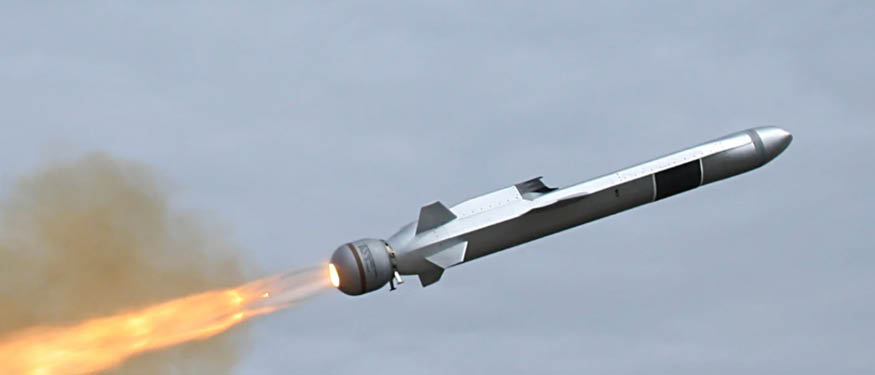In the wake of a recently concluded election cycle in North Macedonia, businesses and investors are closely monitoring the new government's policy directions, according to Papazoski and Mishev Law Firm's Attorney at Law Ivan Mishev.
"The most crucial issue following the recent elections is what will be the first steps after the change in government," Mishev begins. "With the new structure coming into power, we expect significant changes in policy and personnel." According to him, "one of the primary focus points is attracting foreign direct investments and the overall business climate." The business community is keenly observing whether the new policies will be positive or negative for investment and growth and Mishev shares that "the overall M&A market has been relatively slow, with many investors possibly waiting to see the post-election landscape before making significant moves."
As for the most dynamic sectors in North Macedonia right now, Mishev underlines energy and IT. "In the energy sector, foreign investors are particularly active, with many acquiring ready-to-build energy construction projects, especially renewables, such as solar panels and wind farms. In the IT sector, there is a trend of local IT companies being acquired by foreign entities," he reports. "We also anticipate some acquisitions in the finance sector, particularly with minor banks, though nothing has materialized yet."
Additionally, Mishev reports that there hasn't been much legislative activity lately either, on account of the wake of the election cycle. "The parliament wasn't functioning fully, and the new government was only established a couple of weeks ago. However, there was a significant development last year with the introduction of new legislation in the e-payments sector, allowing non-bank entities to provide payment services," Mishev says. "This could potentially lead to more companies entering the market this year."
Moreover, Mishev reports that there was a recent "announcement about potentially allowing a third telecom operator to enter the market, which currently has only two major players." According to him, this move is aimed at increasing competition in the sector.
Furthermore, Mishev reports the establishment of a dedicated Ministry of Energy and Mining, a major organizational development for the government of North Macedonia. "The establishment of a dedicated Ministry of Energy and Mining, separate from the larger Ministry of Economy, is a noteworthy development indeed. The new minister is a non-partisan expert who has been vocal about implementing reforms in the energy sector,” Mishev reports. "While it’s too early to see an impact, the separation and the appointment of an expert figure suggest a focused and potentially more effective approach to energy policy," he says.
Ultimately, Mishev's immediate outlook for the business climate of the country is one of cautious optimism. "Much depends on the new government's policies and their ability to create a favorable environment for FDIs. The sectors of energy and IT are poised for growth, and if reforms are implemented effectively, we could see significant advancements," he says in conclusion.

















